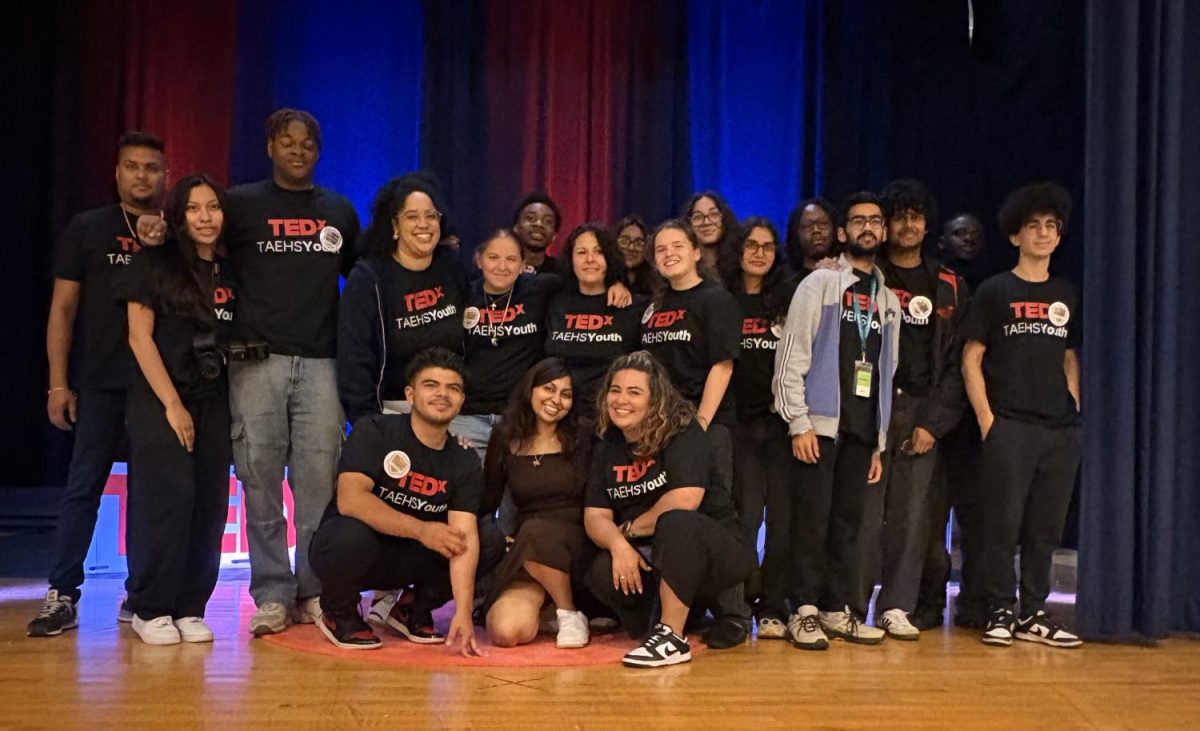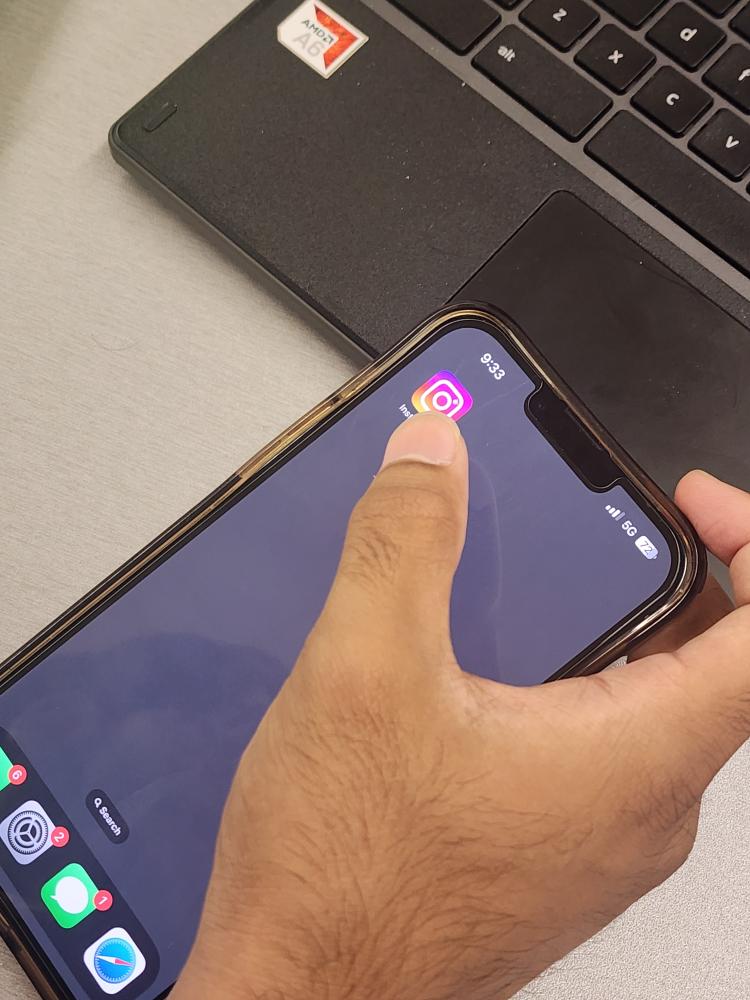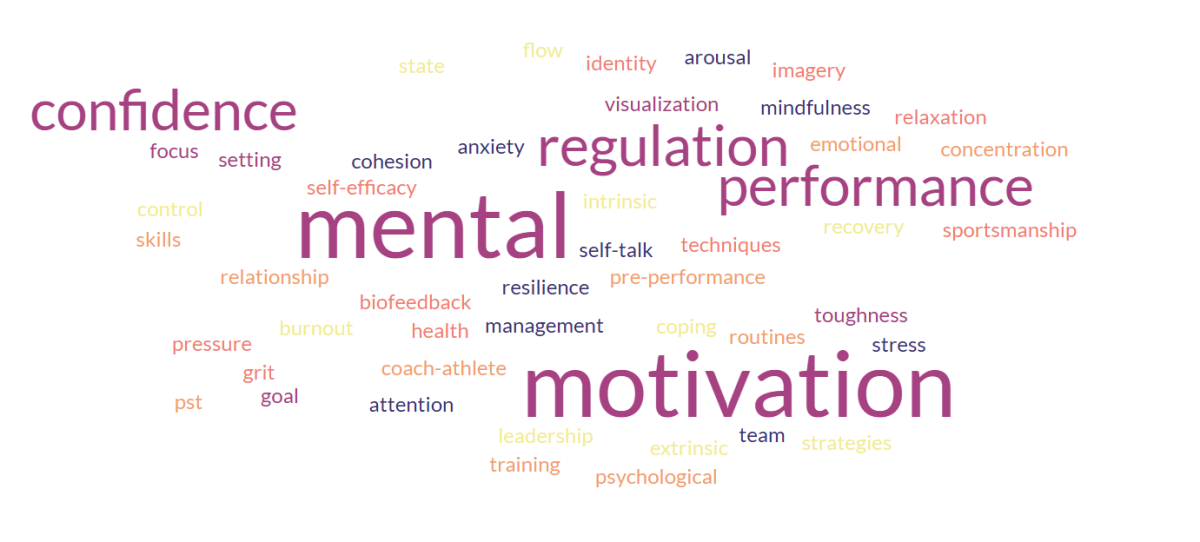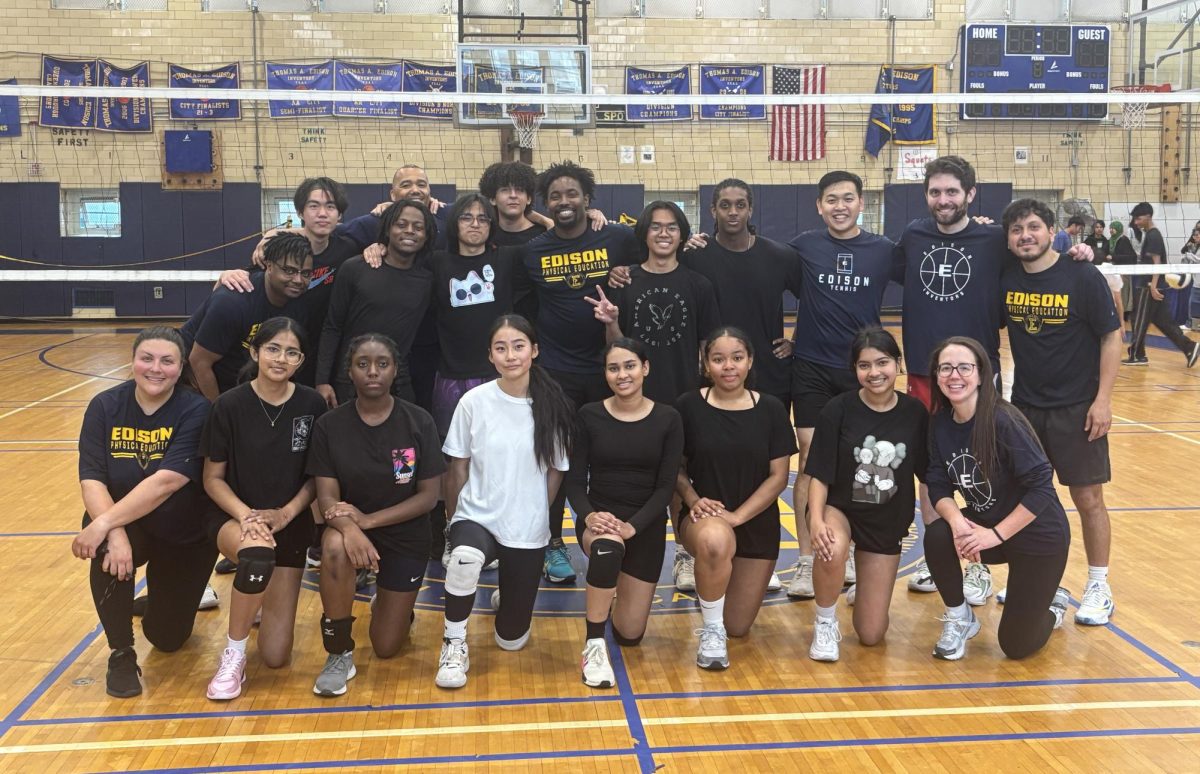Have you experienced a moment when you get randomly chosen to speak up in front of people and begin to break in a cold, barely visible sweat? A million other thoughts go through your head, already completely forgetting the plan you wanted to say if something like this were to happen, and it suddenly vanishes. You get stuck and don’t know what to say? Over time, you can manage to outgrow that feeling. It becomes easier to gain confidence to say what comes to your mind no matter the situation if you try. Some people, however, get stuck in that position and have trouble facing those neve-rending doubts and panic that overgrows their minds for too long. It eventually affects their ability to fear everyday activities.
In today’s youth, we get put to deal with the mental health repercussions of growing up in a society overshadowed by a pandemic, social media pressures, and other contributing factors that affect one’s life and how one feels. Some situations we find ourselves in or get positioned in might cause unnecessary stress. It symbolizes the over-pouring stress that results in the trends of our youth facing mental and physical struggles that have become more frequent than ever. Anxiety and constant stress can lead to severe mental and physical health problems in the long run.
We all go through different forms of anxiety from personal issues or school, which has been the center cause for the high rise shown in trends. “The CDC reports that 7.1 percent of children ages 3-17 have diagnosed anxiety. When you separate out the teenagers, that number rises to 10.5 percent a figure that doesn’t include undiagnosed cases… some experts believe the statistics could be much higher” (Mathew Miller 2). Teen anxiety comes in various circumstances, several of which are less evident. There should be more exposure for teens to learn how to help themselves in situations where their minds get clouded with distress and stuck in unbearable positions.
As schoolwork and managing my life outside of school got to a point where I stress myself out over anything that isn’t something to get worked up about was immense. My sleep schedule fell off many hours behind and I no longer knew how to regulate and take care of myself to get back to the healthy habits that I use to do to which stress and social anxiety took over. As schoolwork and managing my life outside of school began heavily affecting my life, where I stressed myself out over anything that isn’t something to get worked up about was immense. My sleep schedule fell off many hours behind. I no longer knew how to regulate and take care of myself on getting back to the valuable habits I began to build up that stress took over.
Over time, there became a point where I started to become closed-off. Learning how to branch out different parts of me to those around me had me entirely shaking with nervousness and trying to speak up to people. Any confidence in how to approach someone had flown out the window. These constant, overwhelming, intrusive thoughts began to take over my mind. The mere view of letting myself become vulnerable to seek help and speak out about what has been going on to someone because of how they might view me from thereon scared me. That is why we need to let our youth know that what they are going through is not something they have to deal with and go through alone. It’s okay to seek out professional help or from someone who you can turn to and trust the most. That is nothing to be ashamed of because, in the end, you can build manageable habits for when these situations arise, and you will know what works best for you in the future. That much will make every progress you make worthwhile, and it won’t feel as suffocating as it should.
We may find our own methods and strategies that help control our emotions without even realizing them, such as trying to ignore, adjust, or completely avoid them. However, these tactics can do you more harm than good in the long run. People with social anxiety tend to opt out on events or opportunities that involve some social interaction. It’s their way to keep their nervousness under control. This approach can lead people to miss out on possibilities in their environment. It isn’t always generic for someone to develop intense stress and anxiety. Dr. Daniel Pine, an NIH neuroscientist and psychiatrist says, “Many different factors—including genes, stress, and the environment—have small effects that add up in complex ways to affect a person’s risk for these disorders”.
We can outgrow these overwhelming conditions, but it is a matter of how we can adapt to difficult situations. It is important to understand and be aware of what’s available to you and who can be there during your challenging times. There are several treatments and methods that people with anxiety disorders respond well to those remedies. If we can learn how to, we can grow and get stronger to regulate our anxiety and distress.
































